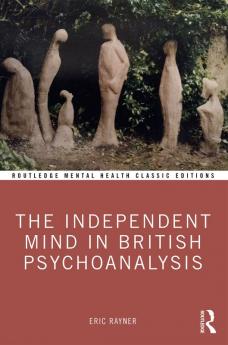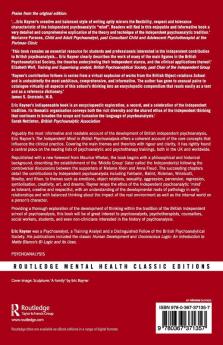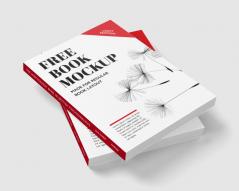English
Paperback
₹2944
₹4265
30.97% OFF
(All inclusive*)
Delivery Options
Please enter pincode to check delivery time.
*COD & Shipping Charges may apply on certain items.
Review final details at checkout.
Looking to place a bulk order? SUBMIT DETAILS
About The Book
Description
Author
Shoutouts
<p>Arguably the most informative and readable account of the development of British independent psychoanalysis Eric Rayner’s <i>The Independent Mind in British Psychoanalysis</i> offers a coherent account of the core concepts that influence the clinical practice. Covering the main themes and theorists with rigour and clarity it has rightly found a central place on the reading lists of psychoanalytic and psychotherapy trainings both in the UK and worldwide. </p><p>Republished with a new foreword from Maurice Whelan the book begins with a philosophical and historical background describing the establishment of the ‘Middle Group’ (later called the Independents) following the controversial discussions between the supporters of Melanie Klein and Anna Freud. The succeeding chapters detail the contributions by Independent psychoanalysts including Fairbairn Balint Rickman Winnicott Bowlby and Khan to themes such as emotions object relations sexuality aggression perversion regression symbolisation creativity art and dreams. Rayner relays the ethos of the Independent psychoanalytic ‘mind’ as tolerant creative and respectful with an understanding of the developmental roots of pathology in early relationships and with balanced thinking about the impact of the real environment as well as the internal world on a person’s character.</p><p>Providing a thorough exploration of the development of thinking within the tradition of the British Independent school of psychoanalysis this book will be of great interest to psychoanalysts psychotherapists counsellors social workers students and even non-clinicians interested in the history of psychoanalysis. </p>
Delivery Options
Please enter pincode to check delivery time.
*COD & Shipping Charges may apply on certain items.
Review final details at checkout.
Details
ISBN 13
9780367371357
Publication Date
-03-06-2020
Pages
-284
Weight
-407 grams
Dimensions
-156x234x15.19 mm

























